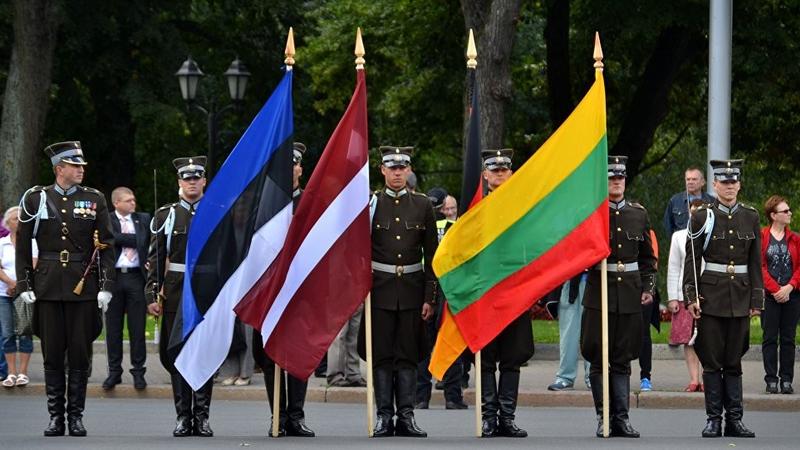Russia has stepped up information and recruitment operations across the Baltic states, with Latvian and Estonian officials warning that Moscow is using low-income residents and, increasingly, young people to spread pro-Kremlin narratives.
Russia has intensified online influence work across Europe since the full-scale invasion of Ukraine, leaning on informal networks, paid creators, and fringe activists to blur the line between propaganda and grassroots content. The Baltic states have become a key focus because of their Russian-speaking communities and their frontline role in NATO’s security posture.
A new investigation by Latvia’s De facto television program says Russian intelligence relies on messaging apps, cross-border travel, and online creators to seed content that aligns with Moscow’s goals.
Russia directs local creators to amplify Kremlin narratives across platforms
Recent arrests show how these networks operate. In early November, Estonian authorities detained videographer Oleg Besedin, accusing him of working with Russian handlers to shape influence campaigns.
Prosecutors say he followed direct instructions on which themes to promote and which political lines to push. His videos have featured pro-Kremlin figures amplifying claims about discrimination against Russian speakers in Europe.
Officials say this pattern mirrors earlier cases in Latvia. Former Sputnik Lithuania editor Marat Kasem, who later admitted involvement in propaganda work, has described how Russian-linked channels rebuild their audiences when banned by Western platforms. He said creators with large followings act as “boosters” for smaller pro-Kremlin voices, helping them regain reach.
Content promotes narratives used to justify intervention
Another strand of Russia’s activity surfaced around an online conference hosted by the Moscow-based “Institute for CIS Countries,” where Latvian activist Aleksandrs Gaponenko was recorded suggesting that Russia should prepare ideological groundwork for a future “humanitarian intervention” in the Baltics. Latvian prosecutors say the content supported charges that he aided a foreign power in actions against Latvia.
Security agencies in Latvia and Estonia say these narratives feed a broader Russian effort to cast Baltic governments as hostile toward Russian speakers. Meetings held by the Institute for CIS Countries have echoed these themes, including criticism of Latvia’s language-proficiency rules for Russian citizens.
Cash and crypto payments target young people without steady income
Latvian officials say the reach of such messaging depends heavily on social media, especially Telegram and TikTok. Interior Minister Rihards Kozlovskis said authorities are working to limit financial flows that support these networks. According to the State Security Service, Russia uses state-backed foundations and informal payment routes, including cash and cryptocurrency, to keep pro-Kremlin activists operating in the region.
Investigators also report cases of Russian services issuing instructions through chains of Telegram channels to carry out small-scale actions inside Latvia, such as posting hostile leaflets or distributing texts designed to appear as though they were written by Ukrainians.
Prosecutors say the typical recruits are young people or those without steady income, often motivated by small payments rather than ideology. These payments range from 15 to 500 euros, according to prosecutors.
Baltics brace for long-term information warfare as Moscow refines tactics
Since 2022, Latvia has opened 14 criminal cases under laws covering assistance to a foreign state in activities directed against the country. Most remain under investigation.
Authorities across the region warn that Russia’s information operations are becoming more layered, more local, and more persistent, and that they will continue to target vulnerable groups as long as the campaigns yield influence.





